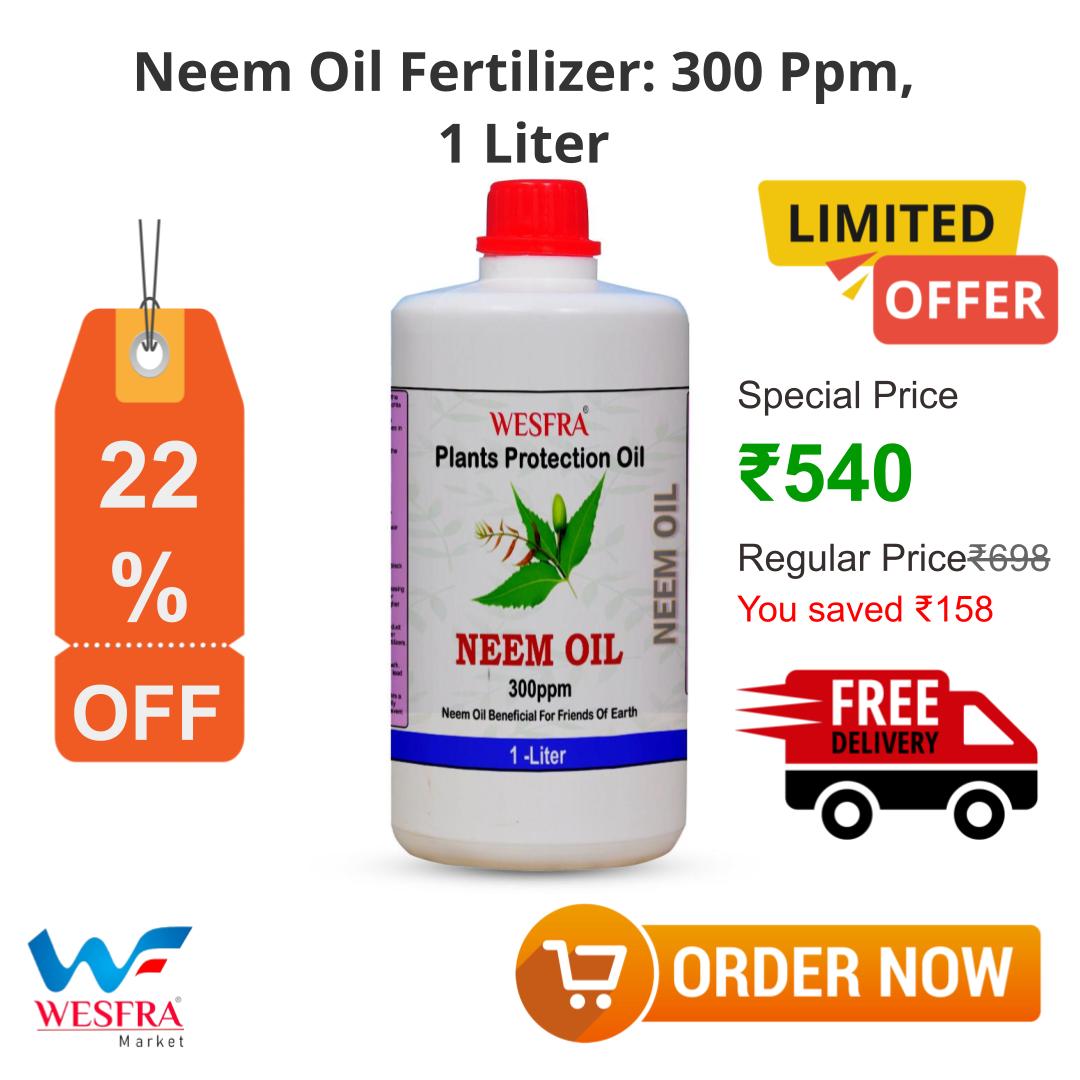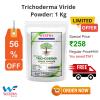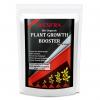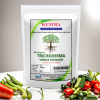Introducing the Incredible Power of Neem Oil Fertilizer for Pest Repellent: 300 ppm, 1 Liter!

- 300 ppm neem oil fertilizer is a powerful agent for promoting healthy plant growth and also acts as an effective insect repellent. Neem oil, obtained from the seeds of the neem tree (Azadirachta indica), is a natural product often used in agriculture as a safer alternative to synthetic pesticides.
- Neem oil is an effective insecticide and fungicide, making it ideal for combating plant-damaging insects. It contains a compound called azadirachtin, which inhibits the growth and development of many pests such as aphids, mites, thrips and whiteflies. In addition, neem oil has antifungal properties that prevent the growth of harmful fungi such as mildew and rust.
- Used as a fertilizer, neem oil provides important nutrients and minerals and promotes healthy plant growth. It contains nitrogen nutrients, which are important for leaf growth, and phosphorus and potassium, which are important for root growth and flower formation.
- One of the main benefits of neem oil as an insect repellent is that it is safe to use around people and animals. Unlike many synthetic pesticides, which are toxic and pose health risks, neem oil is non-toxic and biodegradable. This makes it a great choice for organic farmers and gardeners who want to preserve their produce without harming the environment.
- Another benefit of neem oil is that it can be used in a variety of ways. It can also be used as a foliar spray, a liquid solution sprayed on the leaves of plants. Foliar spraying is effective in controlling pests such as leaf-eating aphids and mites.
- Neem oil can also be used as a soil drench; a liquid solution is poured into the soil around the base of the plant. Soil rot is effective in controlling soil pests such as aphids and nematodes.
- Apart from its repellent properties, neem oil has many benefits for plants. Soil fertility can be improved by increasing the amount of organic matter in the soil, which retains water and improves soil structure. Neem oil can help plants recover from stress caused by drought, disease or insect damage.
- When using neem oil as a fertilizer and insect repellent, it is important to follow directions carefully. Neem oil should be diluted with water before use, as it can be too strong for some plants when used in full. It is important to avoid applying neem oil in direct sunlight, as it can burn the leaves.
- Therefore, neem oil is a versatile and effective remedy for healthy plant growth and pest control. Being a natural product, it is a safe and eco-friendly alternative to synthetic pesticides. By using neem oil along with other natural gardening techniques like crop rotation and composting, farmers and gardeners can grow healthy, vibrant plants while protecting the environment.https://www.wesframarket.com/fertilizers/bio-fertilizer/neem-oil-for-plants-as-pest-repellent-1-liter
Neem oil, 300 ppm
Water
Spray bottle or water can
Optional: a few drops of dishwashing liquid (so the solution sticks to the plants better)
Direction:
Mix 1 teaspoon of neem oil with 1 cup of water in a spray bottle or water jug.
If necessary, add a few drops of dish soap to help the solution adhere better to the plants.
Mix or blend the mixture.
Spray this solution on the leaves and stems of the plant, and cover all parts of the plant.
Repeat the treatment once a week or as needed.
Avoid spraying the solution on the plants in hot, sunny weather, since this might harm them.
Neem oil repels insects, preventing them from laying eggs on plants.
Repeat the method as needed to maintain a healthy, pest-free garden.
Avoid spraying the solution on the plants in hot, sunny weather, since this might harm them.
Neem oil repels insects, preventing them from laying eggs on plants.
Repeat the method as needed to maintain a healthy, pest-free garden.















